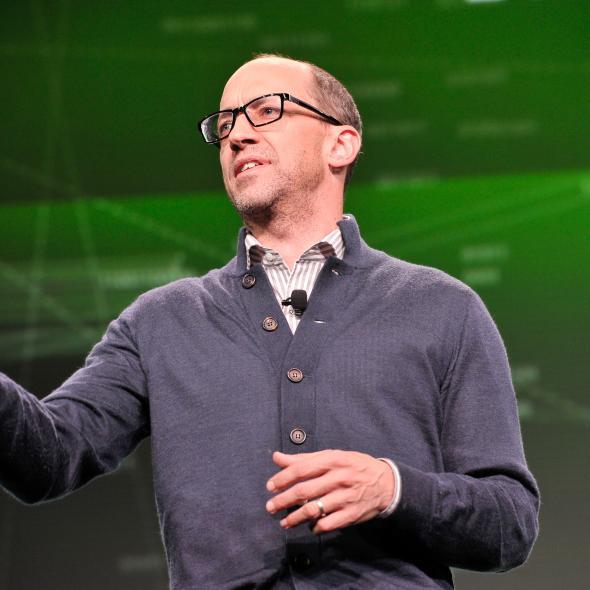Twitter’s S-1 paperwork filed with the SEC yesterday as a prelude to the company’s Initial Public Offering was not full of surprises. But it did underscore four interesting points about the company:
1. Twitter doesn’t make money: My colleague Will Oremus covered this. The basic accounting is by no means terrible. If you look at the past three years it’s clear that revenue is growing much faster than expenses. Unlike (say) Groupon, the company isn’t relying on unorthodox accounting measures. They’re just saying they’ll continue to grow. Growth is by no means a sure thing, but investors would be betting on growth whether the company’s profitable or not. Still it is a reminder that Twitter qua business remains a largely untested proposition.
2. Twitter isn’t owned by the people who run it: It’s typical for an old company to have a great deal of separation of ownership and control. But in new companies, it’s more typical that founders are both the major shareholders and the leading managers. Considering Twitter’s young age, that’s not really the case. CEO Dick Costolo owns 1.6% of Twitter, while Jack Dorsey owns 4.9% while remaining less involved in the management of the company as chairman of the board. But the largest shareholder—by far—is Evan Williams, who has a non-executive board seat in light of owning 12% of the company but doesn’t have any day-to-day role in running it. If you invest in Google, you’re putting your faith in Larry Page and Sergey Brin. If you invest in Facebook, you’re putting your faith in Mark Zuckerberg. If you invest in General Electric, you’re putting your faith in corporate culture and America’s impersonal mechanisms of corporate control. If you invest in Twitter, it’s really quite a bit less clear who’ll be calling the shots if the company stumbles.
3. Twitter is still a better product than a business: Twitter is a kind of miraculous force in global culture. The S-1 filing makes that clear, celebrating Barack Obama’s reelection announcement tweet, amusing exchanges between celebrities, and the British Monarchy’s reliance on Twitter to keep the world informed about Kate Middleton giving birth. But of course in the media industry cultural clout and actual brass tacks profits are different things. The New York Times remains the dominant news brand in the United States of America that sets the agenda for elite conversations in many walks of life. But simply being the greatest newspaper in the world doesn’t make it a particularly great business in a profit and loss sense. You’d probably be better off owning something culturally trivial like a cable company or syndication rights to House. I personally love Twitter. I love it much more deeply and affectionately than any other “social” thing on the Internet. But being beloved and being a profit engine are different things.
4. IPOs aren’t about raising capital: Any high-profile Initial Public Offering is a good opportunity to take another whack at this myth of financial capitalism. In some airy realm of theory, the “point” of the stock market is to let firms raise capital. You can only raise so much capital from private sources, so ultimately to scale up and get the capital a firm needs to grow and expand it needs to offer shares to the public. So the story goes. But Twitter’s IPO doesn’t actually say anything about how it needs $X billion in new capital to executive some business strategy. Because in practice firms almost never raise capital from the stock market. There are bank loans, there are venture capitalists, there are retained profits, and there’s the bond market. Doug Henwood’s Wall Street has the best long treatment of this theme, but technology companies of today really illustrate it well. The point of the Twitter IPO is to make it easier for certain stock-rich early-stage investors and early employees to get their money out of the compay, it’s not an effort by the managers of the firm to get investors money into the company. If they just wanted money, they could easily have stayed private and raised more. Going public is about making it easier for insiders to sell.
